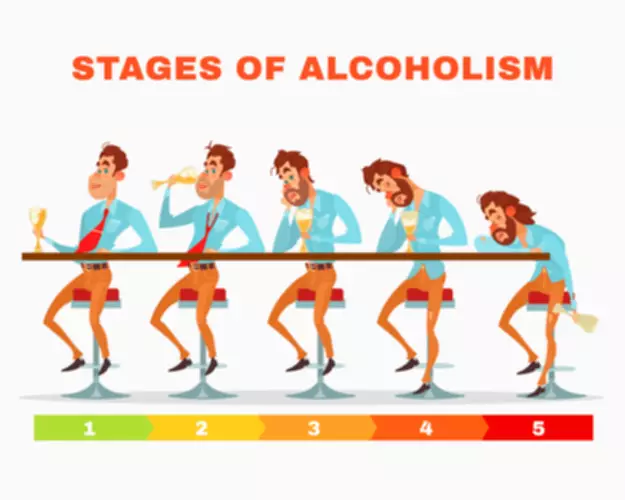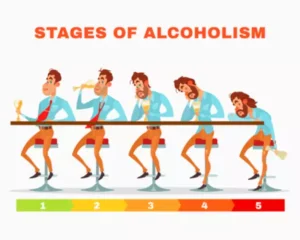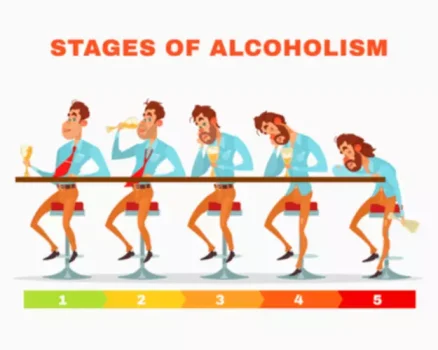
A blood test can reveal the presence of THC in frequent users for up to a week after their last toke, but for occasional users, the detection window is much shorter, typically within 24 hours. When asking, “How long does cannabis stay in your system,” it’s important to understand that detection times vary based on the testing method used. Different tests can detect cannabis use for varying periods after consumption. It depends on the dose, drug testing method, body type, and people with who you smoke. Some people like to consume marijuana in huge quantities in one go, which means there will be more THC content in their system. If you are a heavy pot smoker and do it more frequently, it may be detected in the system for months.
All Products

These clarifications emphasize the importance of understanding the complexities behind THC detection and dispelling misleading claims surrounding it. Regular users often find THC lingering longer in their systems compared to infrequent users. Chronic use can lead to accumulation, making it detectable for extended periods. Each method provides unique insights into THC consumption patterns, emphasizing the importance of choosing the right test based on specific needs and circumstances. While hydration can dilute urine, most tests detect this and may flag it as tampering. Commercial detox products claim to cleanse the body of THC, but their effectiveness is inconsistent.
Will weed show up in any urine test or sample?

However, the subjects were able to report at any time if a reportable change in the “high” feeling occurred. For infrequent users, THC can be detected in the blood for a few hours, while for heavy or frequent use, detection can last up to 7 days. However, blood tests are not typically used for routine drug screening as THC concentrations in the bloodstream decrease significantly approximately 3-4 hours after consumption. An individual’s body mass index (BMI) can also affect the duration THC is detectable in urine, with higher BMI potentially leading to longer retention times. Dehydration can increase THC concentration levels in the body, which may lead to more positive outcomes in urine tests. Drug testing for marijuana primarily involves the detection of THC metabolites.
Heavy Users

While these might affect urine tests by diluting the sample or masking the presence of THC metabolites, when it comes to blood tests, they won’t do much. Blood tests measure the active THC in the system, so once it’s there, it’s there. THC concentration how long does weed stay in your system in your bloodstream peaks shortly after smoking, but it rapidly decreases over the next few hours. The amount of THC, frequency of use, and body mass index play crucial roles too. This is particularly important for those subject to drug testing, as THC metabolites can be present in urine or blood tests for days or even weeks after use, depending on various factors.
For detection in saliva, DrugWipe® 5 S tests (Securetec, Munich, Germany) were used. SureStep™ Multi-Drug Urine tests (Innovacon Inc., San Diego, USA) were applied for the evaluation of the detection in urine samples. All tests were performed in accordance with the manufacturer’s instructions. Immunological tests for urine and serum were conducted on each sampling time point. Saliva tests were performed at all time points as presented in Supplemental Table S1 (marked with an asterisk). Inclusion criteria for study participation were a minimum age of 25 and a body mass index (BMI) between 18.5 and 29.9.
How to Quickly Get Rid of the Smell of Weed
Over time, these metabolites are slowly released into your blood. They’re then metabolized by your liver, and eventually released in pee or poop. Tetrahydrocannabinol (THC) is the compound that causes the high from marijuana. If you smoke or vape weed, THC enters your bloodstream through your lungs, then moves to your brain and other organs.
Currently, research focuses particularly on the apparent stereoselectivity of the metabolism as well as on the identification of different main metabolites in blood and urine8,17. The study analyzed data from the Human Connectome Project that collected magnetic resonance imaging (MRI) data across seven tasks that tested a range of brain functions. Gowin’s study became the largest of its kind, examining the effects of cannabis use on over 1,000 young adults aged 22 to 36 using brain imaging technology.
- When THC is in the body, it breaks down into several byproducts, like 11-hydroxy-THC and THC-COOH.
- However, with proper ventilation and cleaning, the smell of weed will fade more quickly.
- One of the most abundant components in cannabis is a chemical substance called THC, which stands for delta-9-tetrahydrocannabinol.
- Look out for the latest dope (pun intended) on weed, testing methods, and more.

It’s important to note that while these tips may help, the most reliable method for ensuring cannabis is out of your system is to allow enough time to pass. Researchers don’t know how long the effects of chronic cannabis use last. Once THC has entered your system, your body needs time to break it down. Exercising, eating a balanced diet, and staying hydrated may help, but Twelve-step program not drastically. There isn’t much you can do to speed up the amount of time it takes for THC metabolites to leave your system.
